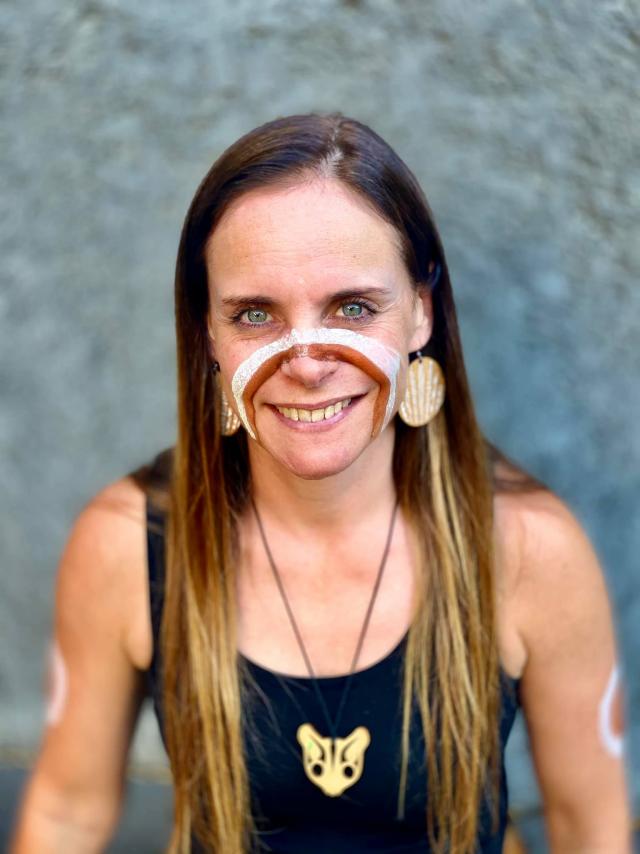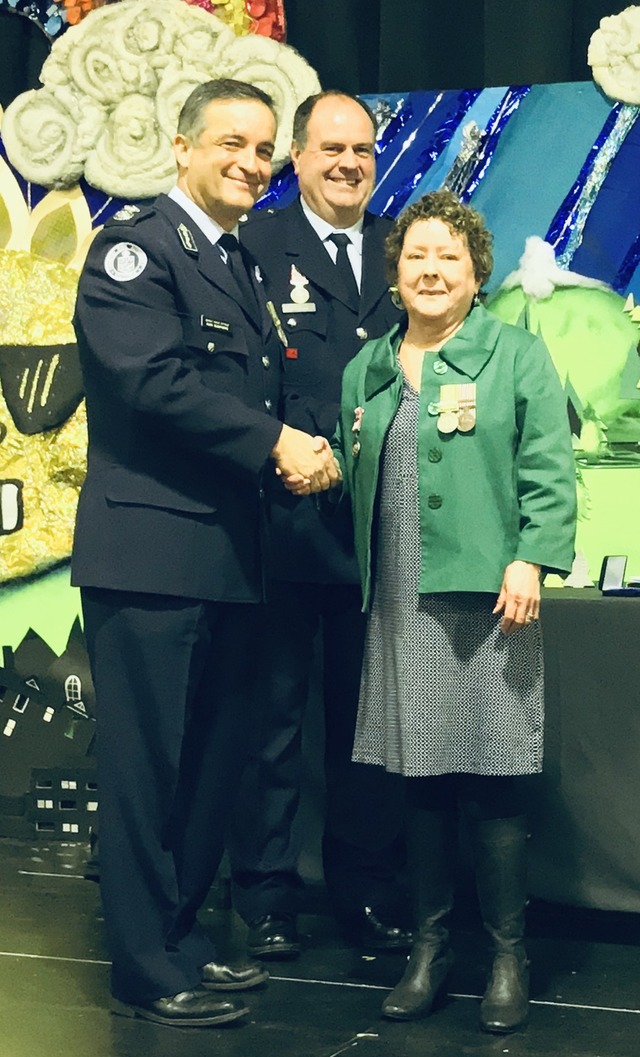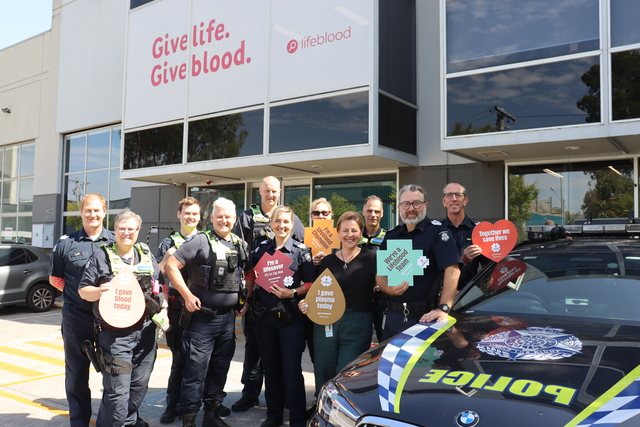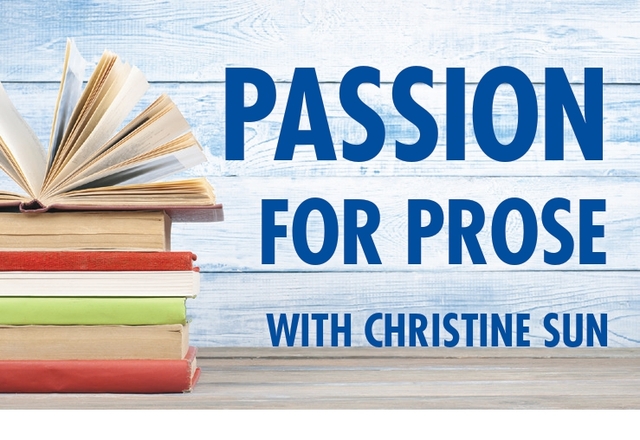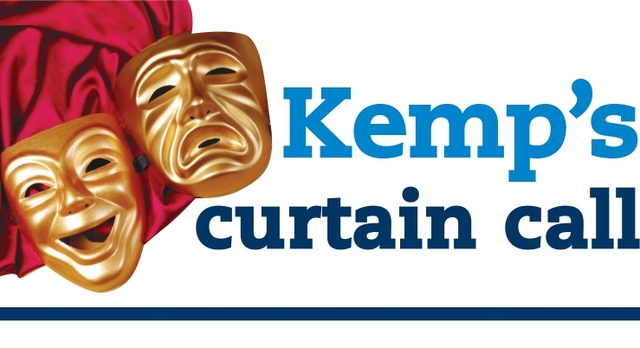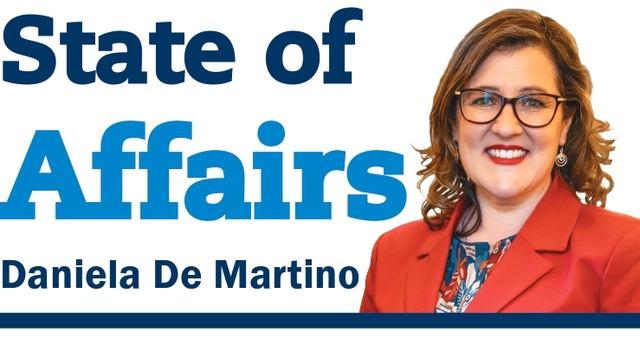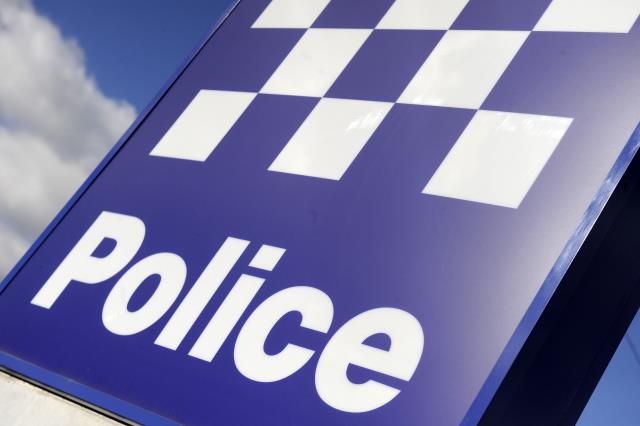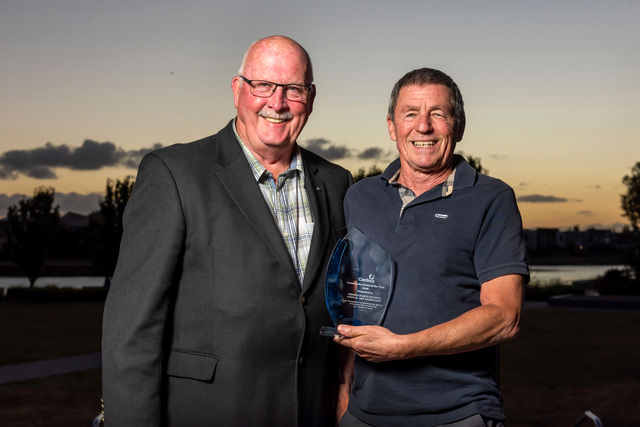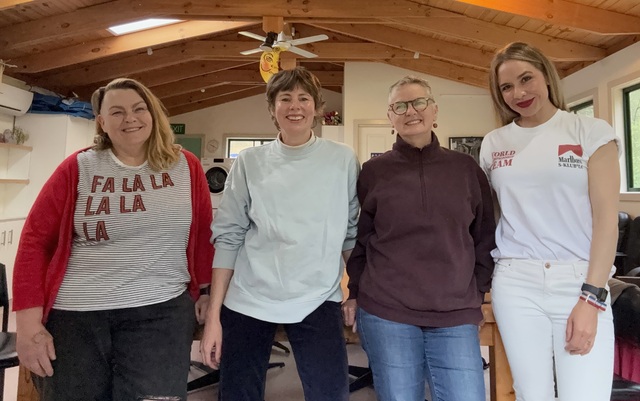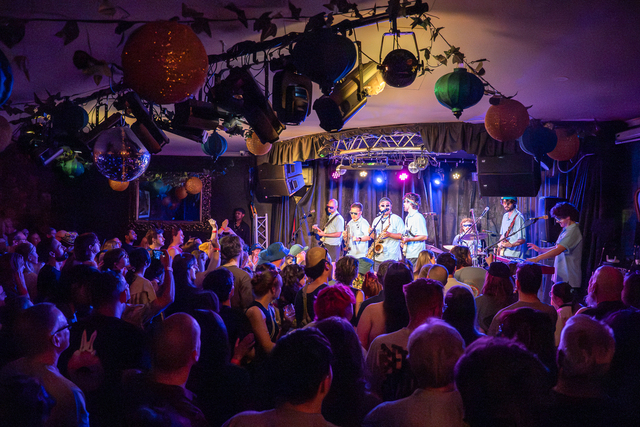Female only Wurundjeri dance group Djirri Djirri, who are the Traditional Custodians of the Yarra Valley region, joined hundreds of people in the city on 26 January on a day of survival and mourning for First Nations people.
The dancers performed alongside other dance groups at a dawn service in Kings Domain from 5am, then marched in the Invasion Day Rally, finishing off the day by dancing at the Share the Spirit Festival at Sidney Myer Music Bowl.
“Survival Day in the term itself describes that we as a community, people, culture have survived attempted genocide and are growing in cultural strength every day as we face the many hurdles of modern day living,” Djirri Djirri founder Mandy Nicholson said.
“The dawn service [honoured] those who have lost their lives in the little known wars of this Country, the Frontier Wars, and those women, babies, children and warriors who were massacred at the hand of the invader.
“All of these events are family friendly but also truth telling as it has been way too long hidden under the Great Australian Silence of what truly happened in the Country.”
Returning to Share the Spirit, a festival created by Songlines Aboriginal Music, Djirri Djirri were able to share in the theme ‘Continuum: Those Who Tell Their Story In Song’.
As the only female-only group to dance and sing in the Woiwurrung language, the native tongue of the Wurundjeri people, keeping the language alive is essential to culture and story.
“This is something that is so important in the past as today and into the future. Language is the underpinning key to cultural survival, without language our spirit becomes lost,” Mandy said.
“We have no fluent speakers of our Mother Tongue as well as the other 38 recognised languages of what is now referred to as Victoria.
“Djirri Djirri are trying to change this by creating songs in Woiwurrung and empowering our young girls and women to be able to speak and sing in language, something we as adults did not have the opportunity to do due to the effects of invasion.”
All Djirri Djirri dancers are Wurundjeri by bloodline “connected to our Matriarch, Borate (Annie), (Berak) William Barak’s sister. Berak was the first freedom fighter in what is now referred to as Victoria.”
The traditions of dance and song are passed down through generations of the female line, to celebrate the gift Djirri Djirri (Willy Wagtail) gave to its custodians – the gift of dance.
“We are all cousins, mothers, daughters, grandmothers, nieces and sisters all sharing culture together. We also encourage First Nation girls from other mobs to join us in dance performances as well as ceremony that we do every year,” Mandy said.
Dancers honour Liwik (Ancestors), Kerr-up-non (Family), Biik (Country) and animals in performances, beginning sometimes as young as three-years-old.


